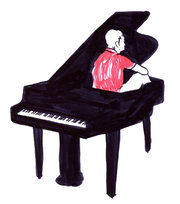
Oleh: Abdul Rahim Hilmi Zakariya
Lim Teong Kim merupakan Pengarah NFDP (Program Pembangunan Bola Sepak Kebangsaan). Dia bukan pengurus skuad B-16 negara sahaja. NFDP ini melatih akar umbi bermula dari skuad B-12 sehingga skuad B-17.
Jika hendak mengukur kejayaan LTK ini, kita perlu lihat kemajuan semua pasukan yang berada di bawah program NFDP.
Contohnya skuad B-13 yang menjadi juara Iber Costa di Portugal 3 tahun lepas. Mengalahkan skuad muda Sporting Lisbon 2-1. Sporting Lisbon ini kelab yang mengasah bakat Cristiano Ronaldo dan Luis Figo. Dan kita menang.
Terkini Jun tahun ini, skuad B-14 menang trofi Vogido di Belanda. Kejohanan ini bukan calang calang penyertaannya. Skuad B-14 China, FC Basel dan Bayer Leverkusen antara yang turut sama mencabar. Tetapi kita menang. Malahan pemain Malaysia Nabil Zainuddin dipilih pemain terbaik kejohanan dan Zulhilmi Sharani pula menerima anugerah penjaga gol terbaik.
Sebulan sebelum itu, skuad ini juga menang Whitsun U-14 Challenge di Dortmund, Jerman. Menjadi juara kumpulan dan menumbangkan kelab Denmark FC Midtjylland 4-0 pada perlawanan akhir. Pasukan senior kelab ini adalah Juara Liga Super Denmark musim lepas. Kelab ini juga adalah kelab pertama di Denmark yang mempunyai akademi bola sepak dan paling banyak melahirkan bakat muda untuk negara tersebut. Kelab ini dah ada 14 tahun program akademi muda yang tersusun, boleh kena buli dengan skuad negara yang baru 4 tahun buat program NFDP.
Sebab itu saya berani sebut menteri sukan kita ini terlalu mentah apabila menilai prestasi LTK hanya untuk satu skuad sahaja. Dan kebodohan paling utama adalah apabila beliau mempertikaikan gaji LTK sebanyak Rm175,000 sebulan. Seolah-olah beliau tidak tahu harga pasaran.
Gaji LTK itu hanyalah kira kira €8000 seminggu. Dan mengambil kira reputasinya selaku jurulatih skuad muda Bayern Munich dan pernah melahirkan pemain bernilai tinggi seperti Thomas Mueller, gaji itu sebenarnya munasabah.
Terutama apabila kita membandingkannya dengan gaji Jupp Heynckes, pengurus Bayern Munich pada 2013 (tahun akhir perkhidmatan LTK di Bayern) adalah kira kira € 100,000 seminggu.
Sepatutnya benda-benda ini cuma perlu buat post mortem dan cadangan penambahbaikan. Bukannya diumum seolah olah macam hendak mengatakan LTK ini makan duit rakyat tanpa buat kerja.
Kan kita persoal gaji dia sebagai MP, menteri dan elaun-elaun lain yang berpuluh ribu tapi tiada hasil signifikan tu macam mana pula?
Dan kalau betul-betul hendak di tutup NFDP kerana nak jimat duit, yang pergi isytihar nak buat pasukan MotoGP tu pakai belanja air liur kah?
Ini lah masalah kalau bagi budak jadi menteri.
Artikel ini merupakan pandangan penulis dan tidak semestinya mewakili pendirian The Independent Insight.
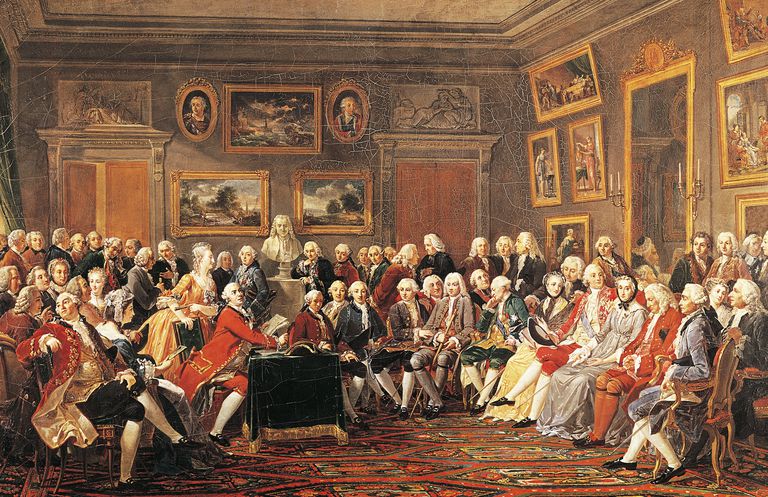
Kami mengalu-alukan cadangan atau komen dari pembaca. Sekiranya anda punya artikel atau pandangan balas yang berbeza, kami juga mengalu-alukan tulisan anda bagi tujuan publikasi.
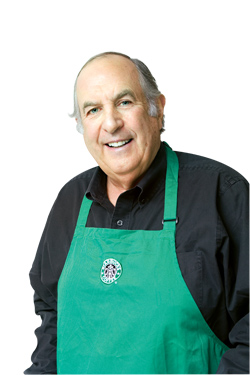

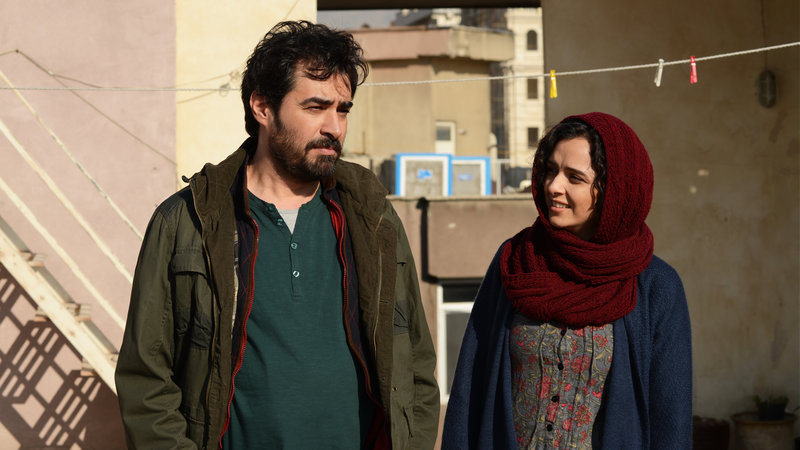
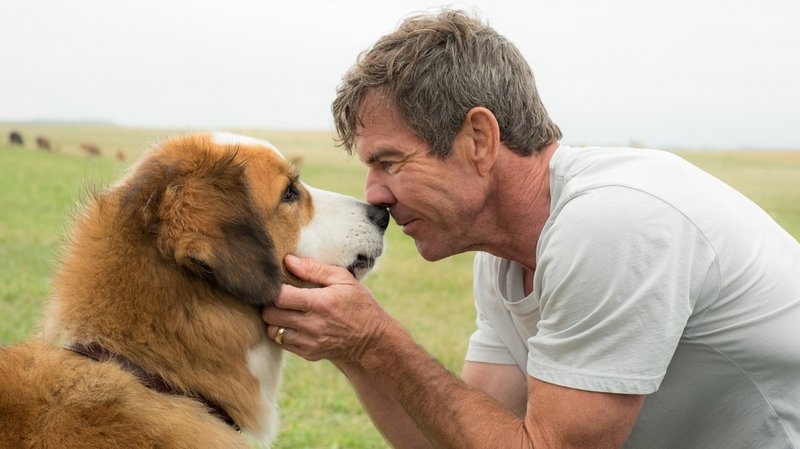
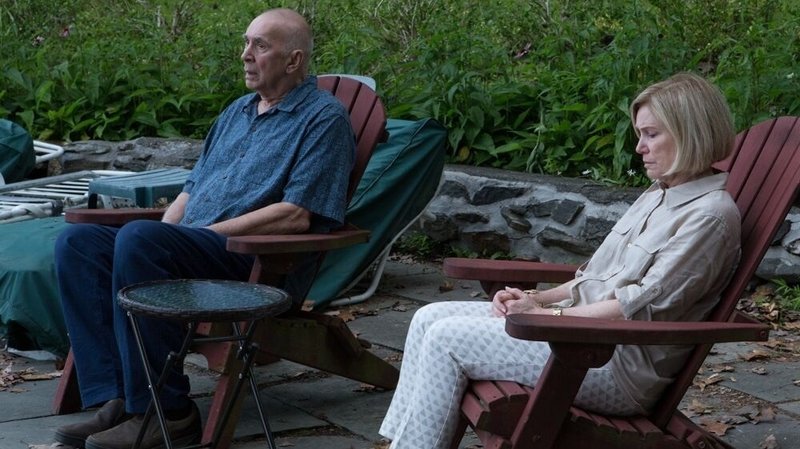
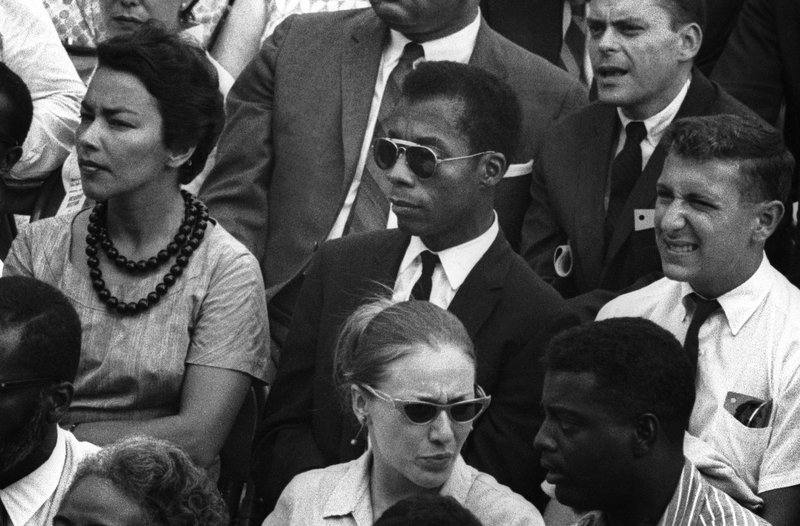
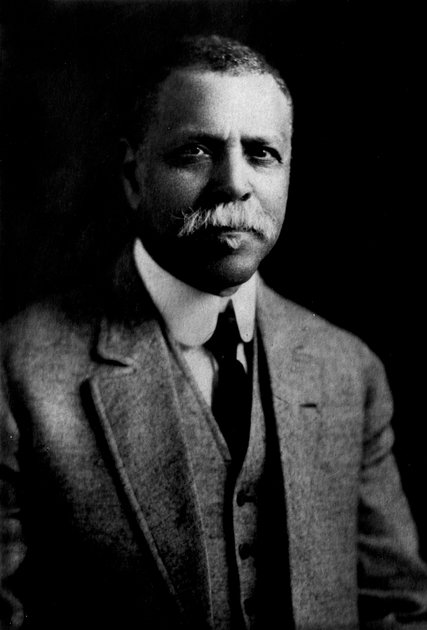 THE ORIGINAL BLACK ELITE
THE ORIGINAL BLACK ELITE